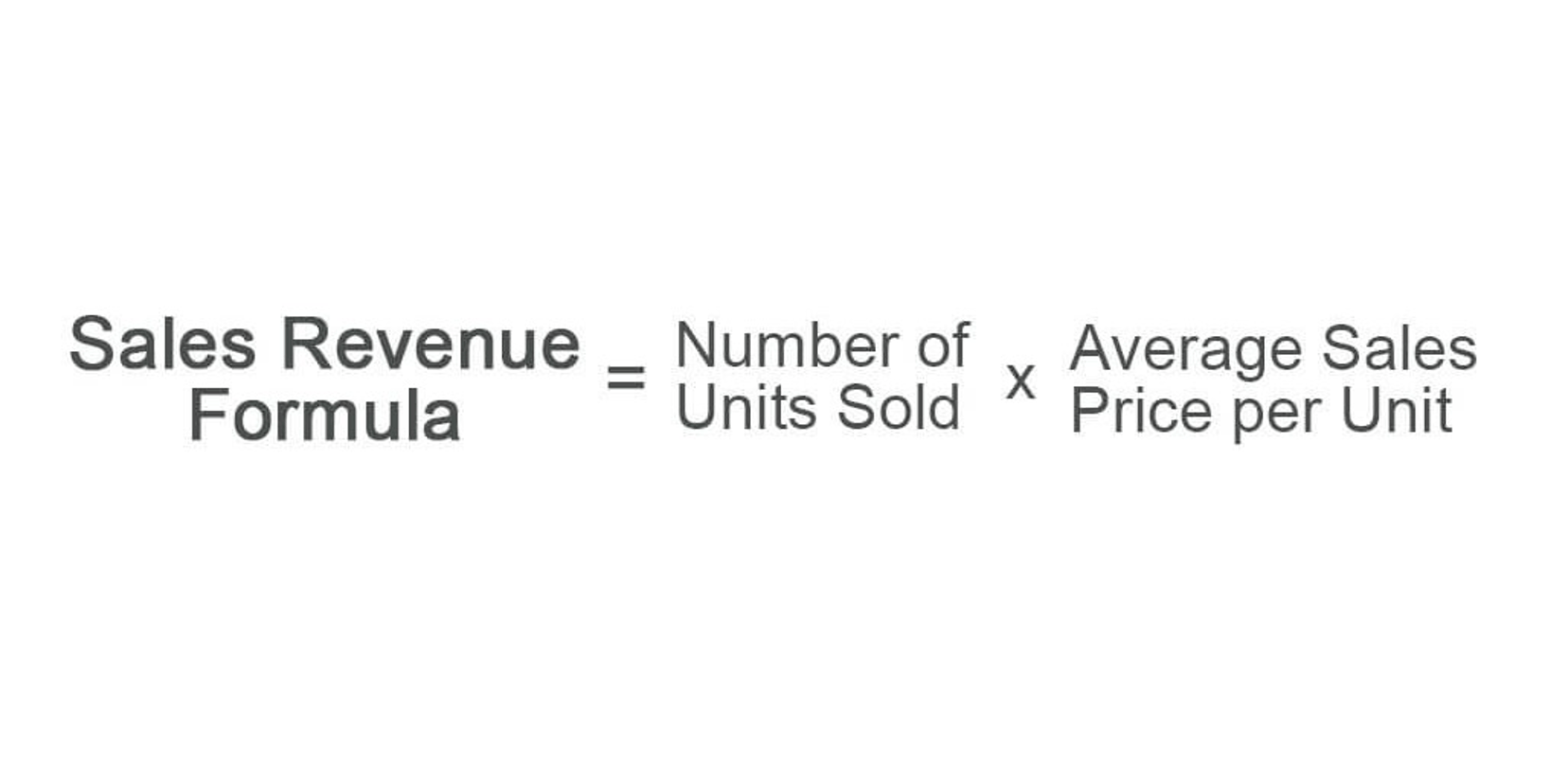The top startup accountants according to founders

Like so many other aspects of startup accounting, payroll may be real estate cash flow easy to manage by yourself when you have one or two employees. But as you grow, investing money in payroll software can take the work off your plate. You may eventually go with a company or service that will handle payroll for you. You can get a handle on that complexity with a good accounting software solution.
Additional considerations for startup accounting
Each structure has different legal and tax implications, so it’s important to understand the advantages and disadvantages of each before making a choice. This decision affects how you’ll file taxes and your personal liability. Resources like the Small Business Administration (SBA) offer helpful guidance on the different structures. You can also speak with a legal professional to determine the best fit for your specific circumstances. For startups with very basic accounting needs, Wave Accounting offers a free version that can be a good starting point. Brex includes Wave in their list of the best accounting software and tools for startups, acknowledging its usefulness for handling essential financial tasks.

The Role Of Technology In Modern Accounting
Tech startups often experience rapid growth, so you need a system that can scale with you. QuickBooks Online (QBO) is often the recommended software for startups because it offers a smooth upgrade path to enterprise solutions like NetSuite. This scalability ensures that your accounting software won’t hold accounting for tech startups you back as your business expands. As Kruze Consulting points out, your choice of accounting software significantly impacts a startup’s ability to scale, so plan ahead.
Effective Financial Management for Tech Startups
From pre-seed to Series C, no one knows startups better—it’s why we’re the largest startup accounting firm in the US. Now that we’ve covered the basics of accounting for startups, let’s switch our focus to some bookkeeping essentials. As you can see, there is a lot that goes into maintaining accurate books and financial records.
Accounting and Bookkeeping Services for Startups
- The easiest accounting software is dependent largely on your experience and how it is being used.
- The owner’s equity statement (also known as the statement of retained earnings) is a sum of the owner’s investments and withdrawals, as well as the business’s income and expenses.
- Taking a longer-term view, Annual Recurring Revenue (ARR) helps you understand your overall revenue potential and growth trajectory.
- One of your first decisions will be choosing the right business structure.
- This proactive approach can save you money in the long run and protect your business from costly tax issues.
- No, hiring an accountant isn’t necessary in order to do your finances.
- Also note that if your startup starts to make more than $5 million a year, you’re legally required to do accrual accounting (as stated in GAAP).
It’s tempting to push data entry off until you have a spare minute, and you never have one. Zoho accounting software, called Zoho Books, is free with revenues less than $50,000 per year. Then prices rise to $15 per month for a Zoho Books Standard Account, $40 per month for a Zoho Books Professional Account, and $60 per month for a Zoho Books Premium Account. Higher-priced tiers unlock more advanced analytics, real-time data, additional user accounts, increased usage limits, and expanded integration options.
- Don’t worry if you don’t know how to set up payroll, you can use our step-by-step guide or sign up for our flexible payroll services.
- First, we’ll assess your business numbers, gather documentation, and understand your current processes and systems to develop a comprehensive picture of your tech startup’s financials.
- Startups often face complex financial scenarios such as capitalizing software development costs, managing investments in technology, and navigating venture capital financing.
- And, our team of financial experts are always available to provide accounting advice for startups who want to make sure their business is in the best possible position.
Read more here about which accounting method is right for your startup. We set startups up for fundrising success, and know how to work with the top VCs. Startups can save money on accounting immediately by taking meticulous care of their records, receipts, and spending.
2021 standard mileage deduction is $0.56 per mile that you can write off on your taxes. The features and functionality of any software are a major factor in whether it will serve the right purpose for your business. Be sure to select software that checks most, if not all, of your boxes to ensure you have a solution that works for your startup.


If you’re unsure which method is best for your tech startup, consider consulting with a financial professional or exploring resources like those offered by FinOptimal. We can help you determine the most appropriate accounting strategy for your specific needs and growth trajectory. You income summary can also explore our resources section for more information on financial management for tech startups. Regularly reviewing your financial statements is like checking the vital signs of your business. Ignoring them can lead to poor cash flow management, one of the top reasons why startups fail.
- However, for tech companies, technology industry accounting is crucial for managing financial data and ensuring compliance with GAAP standards.
- Consistent and precise bookkeeping is vital in maintaining good financial hygiene.
- These strategies can help you reinvest in your business and stay competitive.
- For example, tech startups dealing with large transactions or complex financial structures may need to budget more on the high end of this spectrum.
- Most of the time, outsourcing is beneficial, particularly if the company is looking to raise funding rounds or disclose financials to potential investors, or if it plans to grow rapidly.
Research and development (R&D) is the engine of innovation for many tech startups. Tracking these expenses accurately is not only important for managing your budget but also for taking advantage of potential tax benefits. Certain R&D expenses may be eligible for tax credits or deductions, which can significantly impact your bottom line.